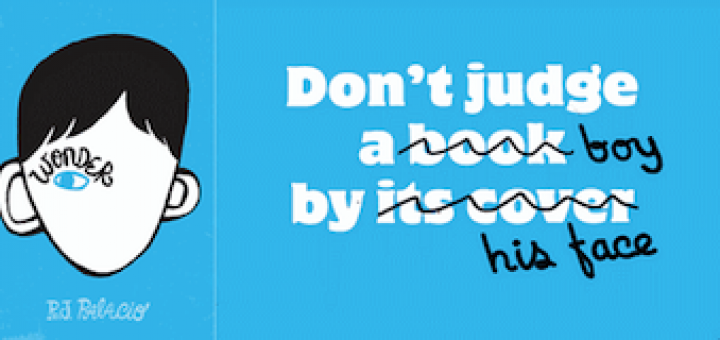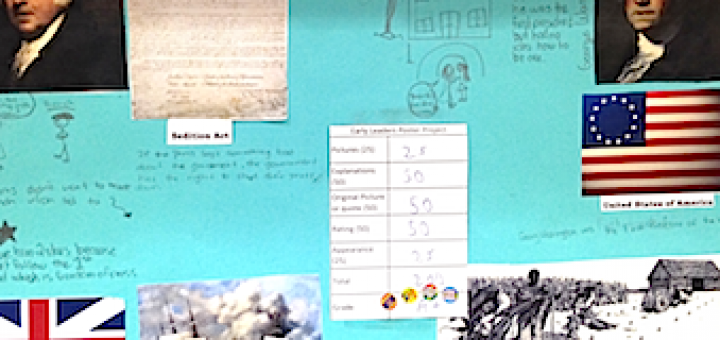Teaching and learning in grades 4-8
In the first of two articles about conferencing with middle grades writers, teacher-author Marilyn Pryle identifies a pair of critical elements that need to be present in early conversations: (1) praise; and (2) a focus on meaning – not grammar.
This less-than-50-page book from Susan M. Brookhart can help teachers assign fair individual grades growing out of group work, says teacher-reviewer Tracey Muise. It’s packed with ideas and examples for assessing group projects in various subjects.
Storytelling, in its richest form, has an incredible impact on children, writes 4th grade teacher Mary Tarashuk. As her students explore the world of August Pullman in R.J. Palacio’s novel Wonder, she witnesses passion-based learning in full flower.
Moving beyond the five myths of rigor to incorporate true instructional rigor in the classroom is critical in light of the Common Core, says expert Barbara Blackburn, who advocates scaffolding and differentiation to help all students achieve more.
Mark Gerl, a school-based technology coordinator in Atlanta GA, reflects on the key role of language arts & storytelling in successful video games — something he & his students have learned in chats with a team of Canadian adventure game designers.
For teachers who have not used Singapore math strategies before but want to give them a go, Jana Hazecamp’s book Why Before How is a great place to start, says former 4th grade math teacher Jennifer Underwood, who adds some tech ideas of her own.
In the 2nd edition of Deepening Comprehension with Action Strategies, Jeff Wilhelm offers theory-based drama techniques that can be used before, during, and after reading to deepen comprehension of fiction and nonfiction content, says reviewer Allyn Hunt.
Reviewer Mark Domeier finds that the authors do a fine job of mixing theory and practical applications of it. But he would recommend the book to high school literature teachers, not middle school ELA educators with packed curricula.
State assessments will soon require history students to read texts & make arguments supported by evidence. Aaron Brock believes non-traditional tests, like a recent poster project in his 8th grade inner-city classroom, can help build those skills.
Although skimming might seem to be the opposite of close reading, it is a crucial Common Core skill for pulling information out of a text – and one that’s often overlooked by teachers, says consultant Sarah Tantillo, author of The Literacy Cookbook.











































